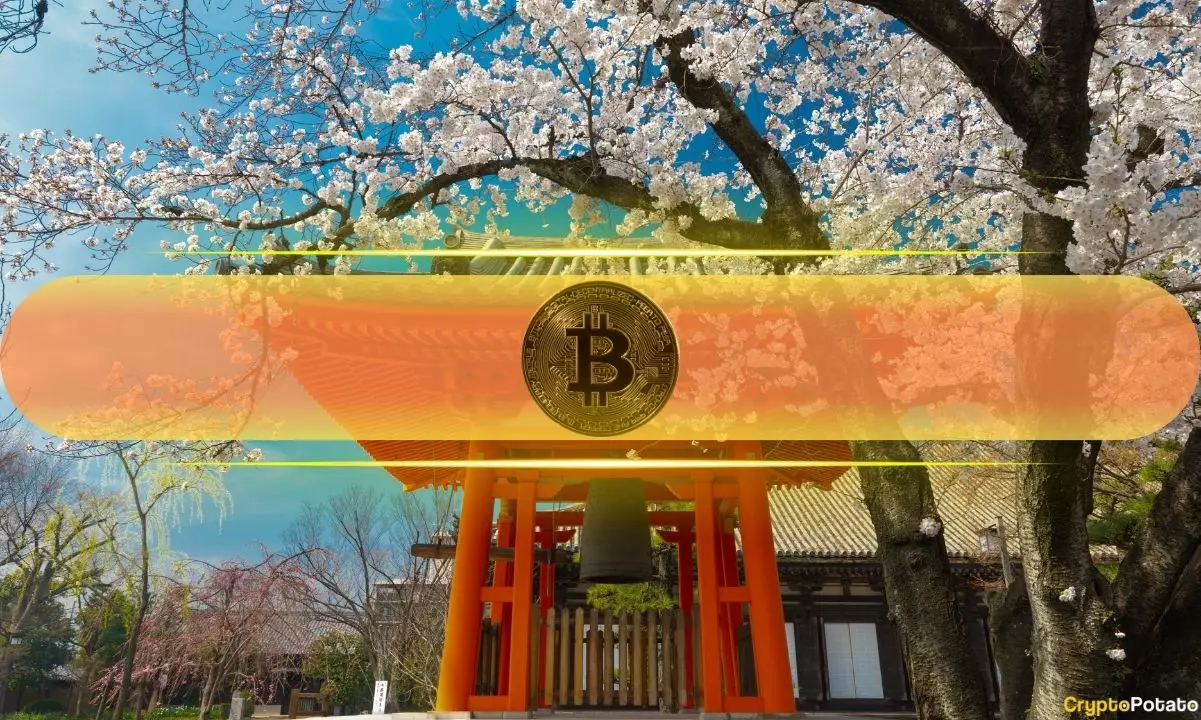In recent years, Bitcoin has emerged not merely as a digital currency, but as a significant player in the realm of global finance and geopolitics. As an increasing number of countries begin to explore and adopt digital assets, the competition to establish Bitcoin as a national reserve has intensified, suggesting a potential shift in how nations perceive financial sovereignty. This paradigm shift is occurring against a backdrop of skepticism, particularly in countries like Japan, where the government has voiced steadfast caution regarding the cryptocurrency.
Japan’s Hesitations
Despite the global excitement surrounding cryptocurrency, Japan appears to be taking a measured approach. Concerns regarding security, liquidity, and inherent volatility of Bitcoin have prompted the Japanese government to refrain from incorporating it into their foreign exchange reserves. An official statement emphasizes that assets such as Bitcoin do not align with the government’s objectives for stabilizing foreign currency-denominated assets and bond markets. Their stance reflects a broader apprehension about embracing an asset that is subject to significant daily price fluctuations and unpredictable market dynamics.
Prime Minister Shigeru Ishiba has articulated that Japan currently lacks comprehensive insights into the strategic approaches of other nations, particularly those like the United States. This uncertainty hampers Japan’s ability to contemplate a definitive stance on integrating Bitcoin into its reserve strategy. The discussions surrounding Bitcoin in other countries are still evolving, leaving Japan in a position of caution as it assesses the implications of a potential policy shift.
In stark contrast to Japan’s reticence, other nations are eagerly pursuing Bitcoin as part of their economic strategy. For instance, the U.S. government’s actions in accumulating Bitcoin reserves have gained considerable attention. The U.S. holds substantial quantities—over 207,189 BTC—which were largely seized from illicit activities, showcasing an unconventional route to building its reserves. This approach highlights the growing acceptance of cryptocurrencies, even in contexts where traditional economic systems dominate.
Russia is also examining the potential of Bitcoin as a strategic asset. Lawmaker Anton Tkachev has recently proposed the establishment of a Bitcoin reserve. He advocates that cryptocurrencies could serve as a stable financial alternative in the face of economic sanctions, further illustrating how Bitcoin is perceived in different political landscapes.
As Bitcoin continues to capture the attention of policymakers around the globe, the implications of integrating this digital currency into national reserves warrant careful consideration. While nations like the U.S. and Russia openly embrace this shift, Japan’s cautious stance reflects a more conservative approach, prioritizing stability over the allure of potential gains from cryptocurrencies.
Ultimately, the debate surrounding Bitcoin’s role in national reserves reflects broader questions about the evolution of monetary policy in a rapidly changing financial landscape. As governments navigate this uncharted territory, the ongoing dialogue will likely influence how cryptocurrencies are regulated and integrated into global markets, shaping the future economic sovereignty of nations across the globe.
















Leave a Reply